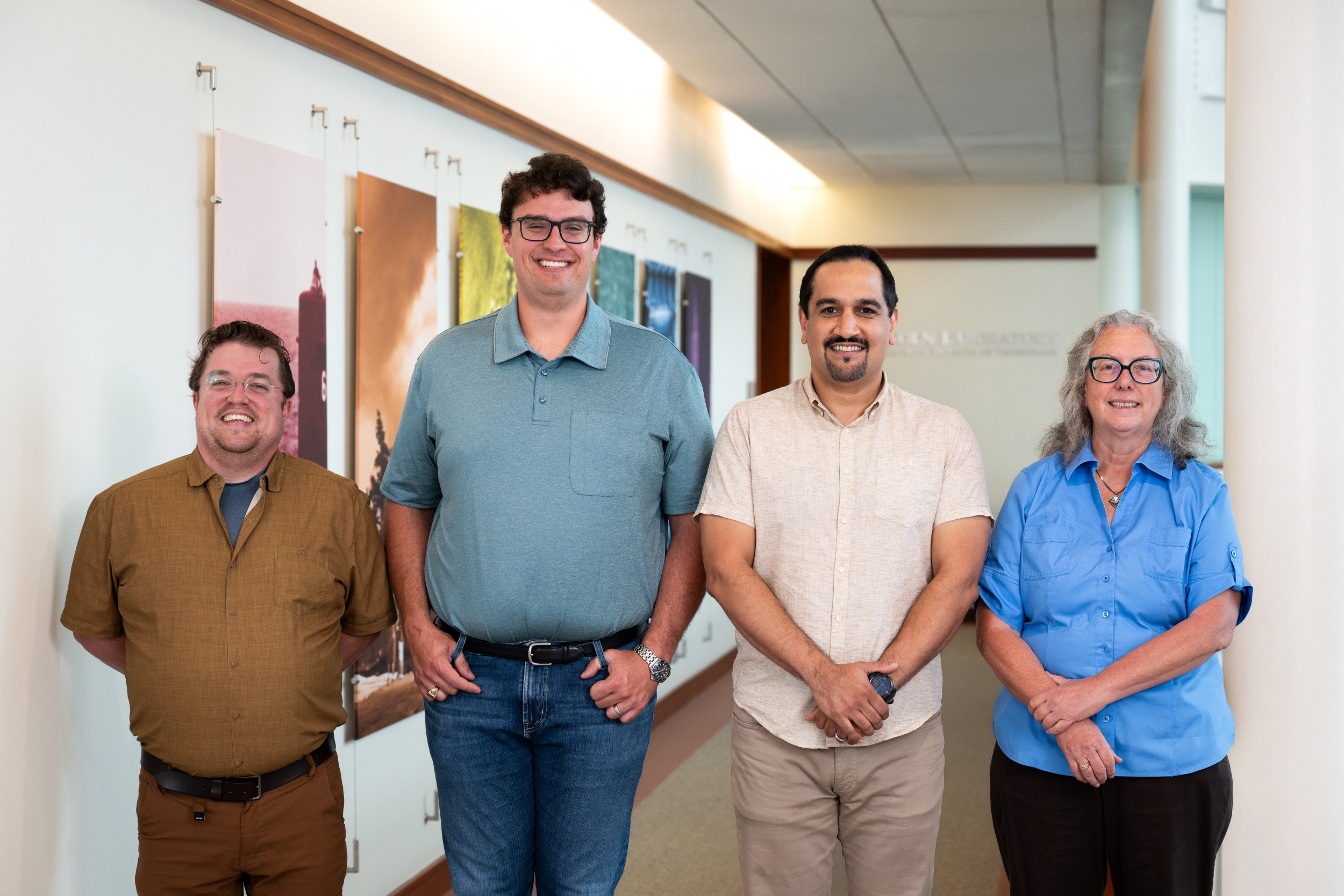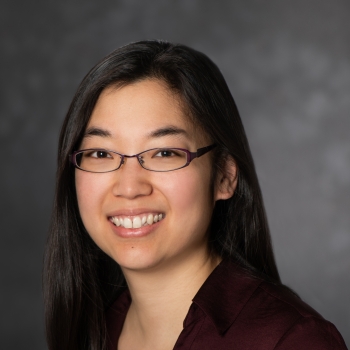Lincoln Laboratory cyber experts serve on USENIX Security program committee

Lincoln Laboratory cybersecurity researchers Nathan Burow, Derrick McKee, Hamed Okhravi, Emily Shen, and Mary Ellen Zurko are members of the program committee for the 33rd USENIX Security Symposium. The symposium brings together researchers, practitioners, system programmers, and others interested in the latest advances in the security and privacy of computer systems and networks.
"Our presence on the program committee helps ensure the reputation of USENIX Security as a top-tier research conference," says McKee, an expert in software security from the Laboratory's Secure Resilient Systems and Technology Group. "The heads of the USENIX Security program committee are interested in including experts from various areas, and MIT Lincoln Laboratory has a sterling reputation as a world-class research lab."
Widely acknowledged as one of the "big four" conferences on computer security and privacy, USENIX Security is a venue for top research papers to be published and discussed.
Paper submissions for the symposium are solicited in all areas relating to research in security and privacy — a wide net encompassing systems, networks, hardware, machine learning, usable security, and social issues. Committee members closely review the hundreds of submissions received and decide which to accept.
"USENIX Security is one of the most competitive venues in computer security, only accepting a small fraction of the submissions. Our role is to provide reviews that are not only rigorous but also constructive for the authors,” says Okhravi, who has served on the program committee multiple times over the past few years and is an expert in systems and network security. Committee members are often selected for their research specialty, with their expertise being critical to conducting qualified peer review.
Zurko joins the committee with a specialty in usable security (an area of research she helped establish with a seminal paper in 1996). The Symposium on Usable Privacy and Security (SOUPS), which Zurko has chaired in the past, is co-located with USENIX Security. "USENIX Security has strategically grown its submissions in usable privacy and security. The co-location of SOUPS allows for a range of maturity in research and for the full usable security and privacy community to come together for the week," Zurko says.
Zurko's research experience also enables her to review submissions that don’t fit neatly into a specific area. She, like the other reviewers, provides strong arguments for acceptance, or supportive reviews that will help the authors (unknown to the reviewers) improve upon their early innovations.
"Serving on the program committee allows me to contribute to the peer review process and stay up to date with the latest research in the field," says Shen, a cryptography expert. In addition, the Laboratory reviewers benefit from meeting different researchers in their fields through the review process, further integrating into the research community. Those connections expand Lincoln Laboratory's network and promote knowledge sharing — in the past, they have led to invited talks at the Laboratory and new research collaborations.
Now that reviews are complete, the staff look forward to attending the symposium and hearing firsthand from authors presenting their work. USENIX Security will take place in Philadelphia from August 14 to 16.
"Being a reviewer is a lot of work!" McKee says. "However, the effort is well worth it because there is no better way to vet new research."
